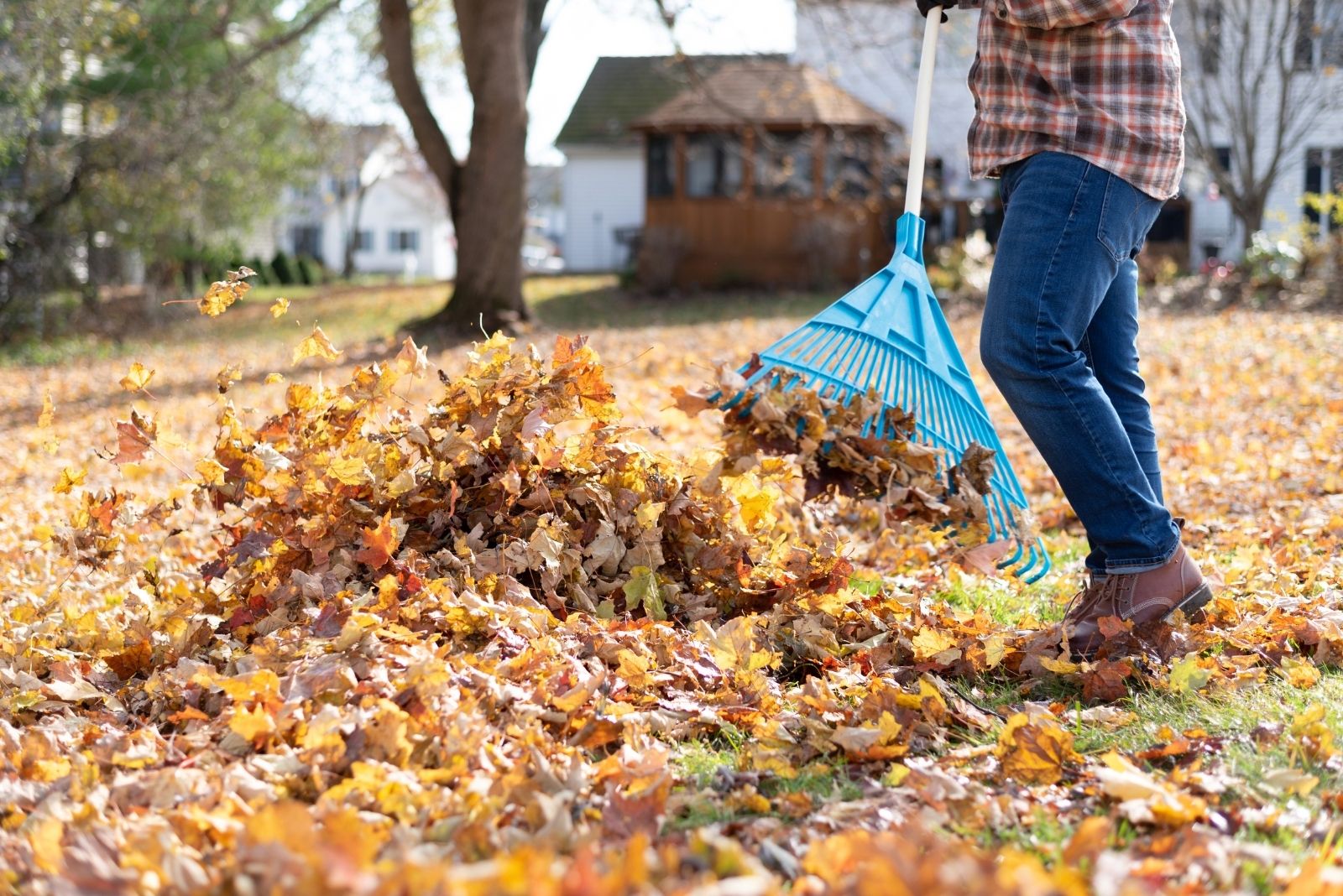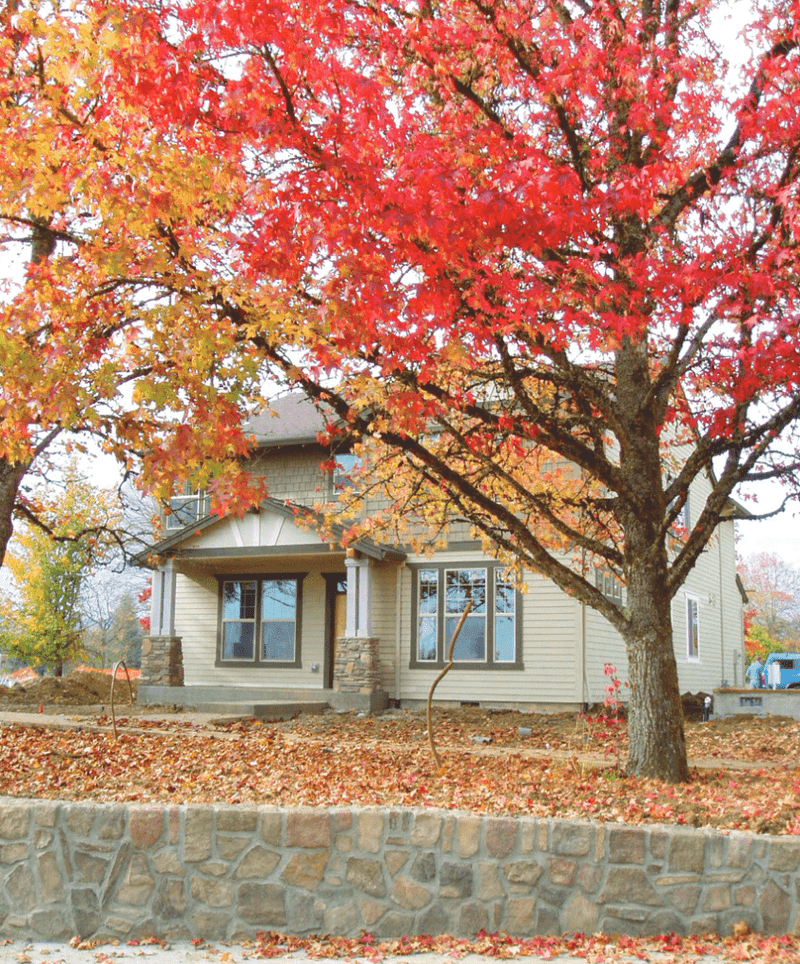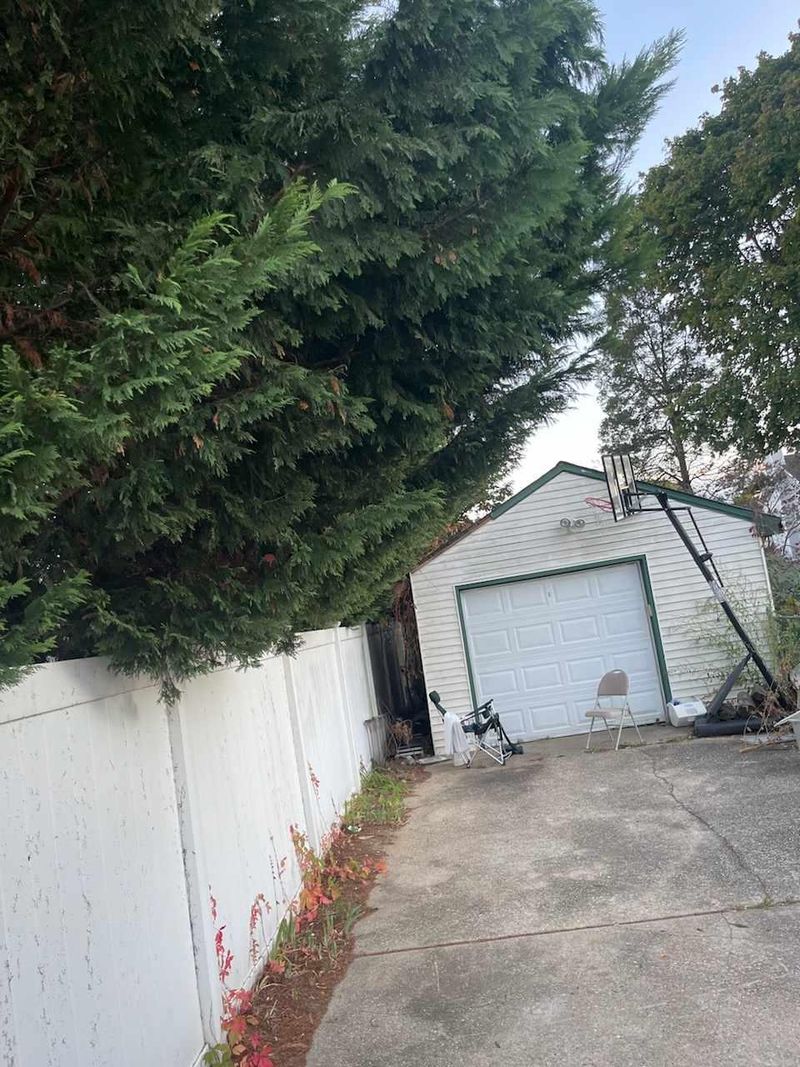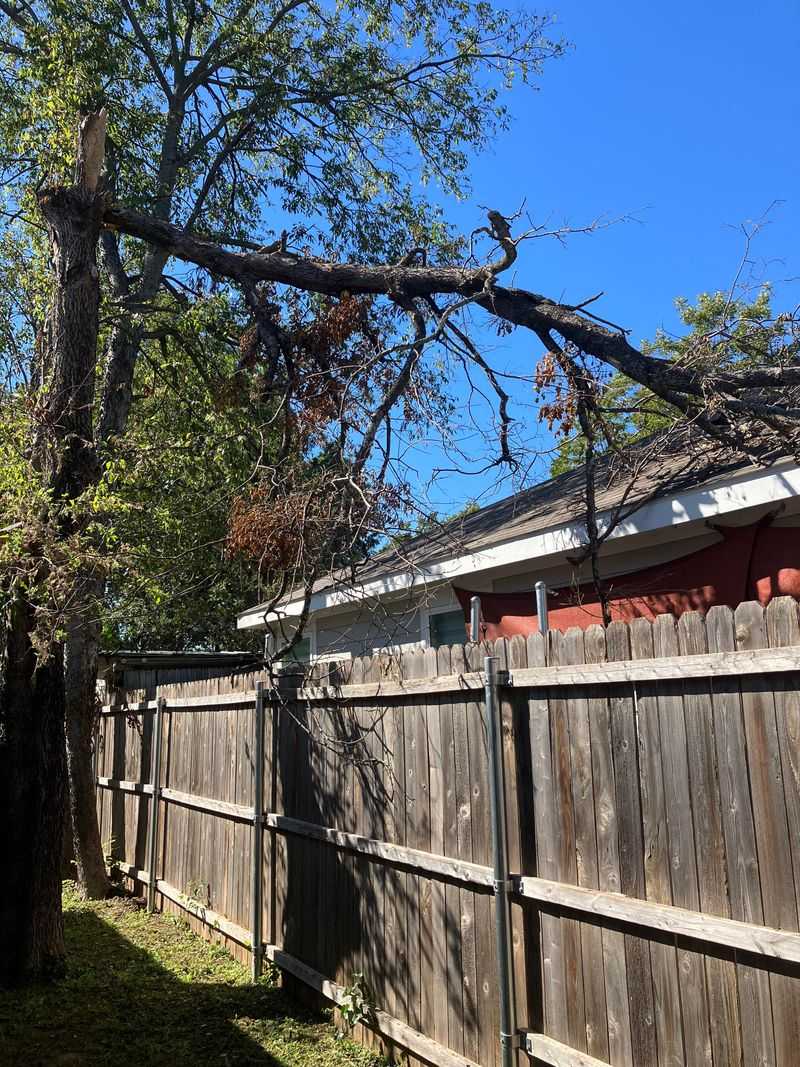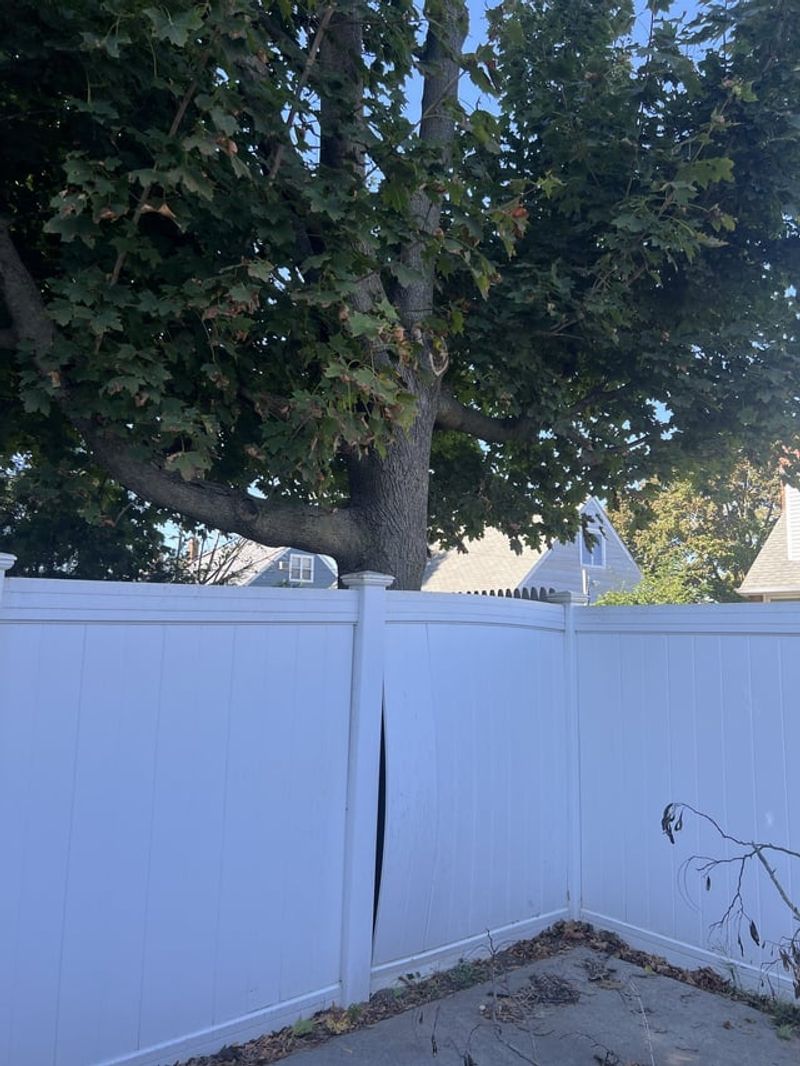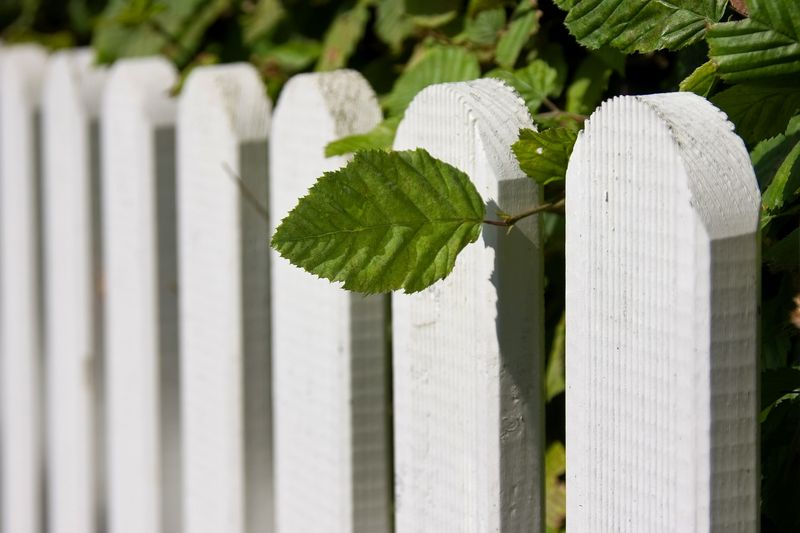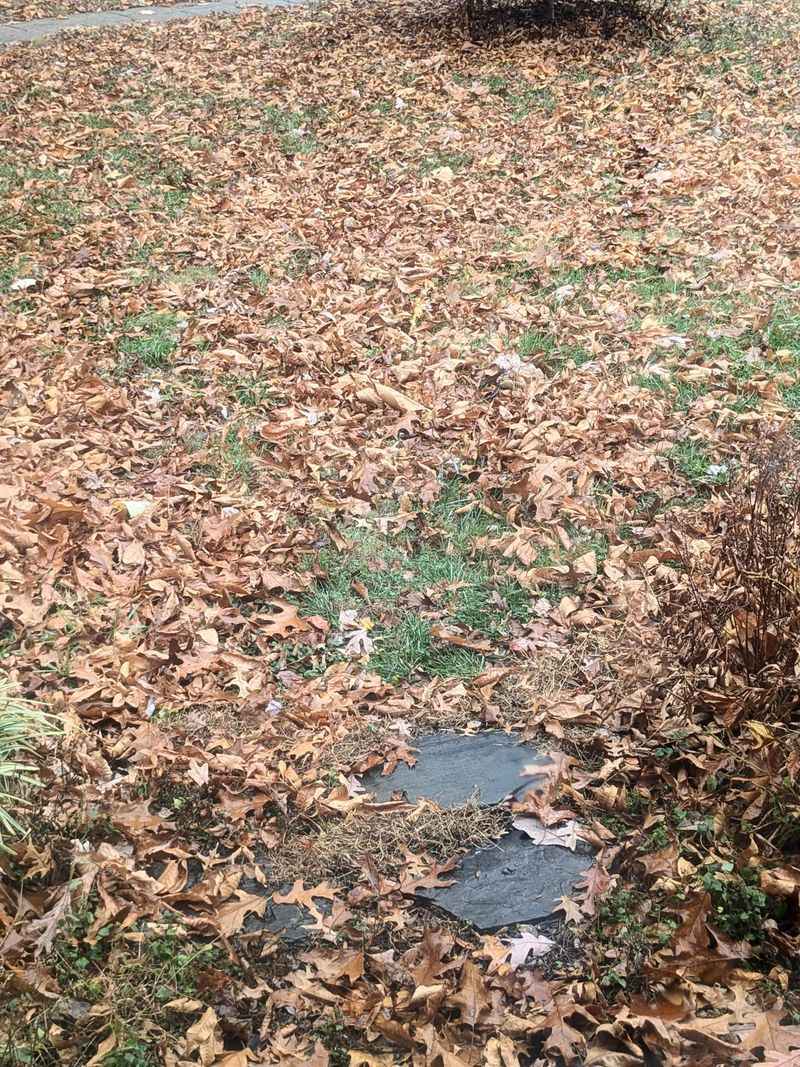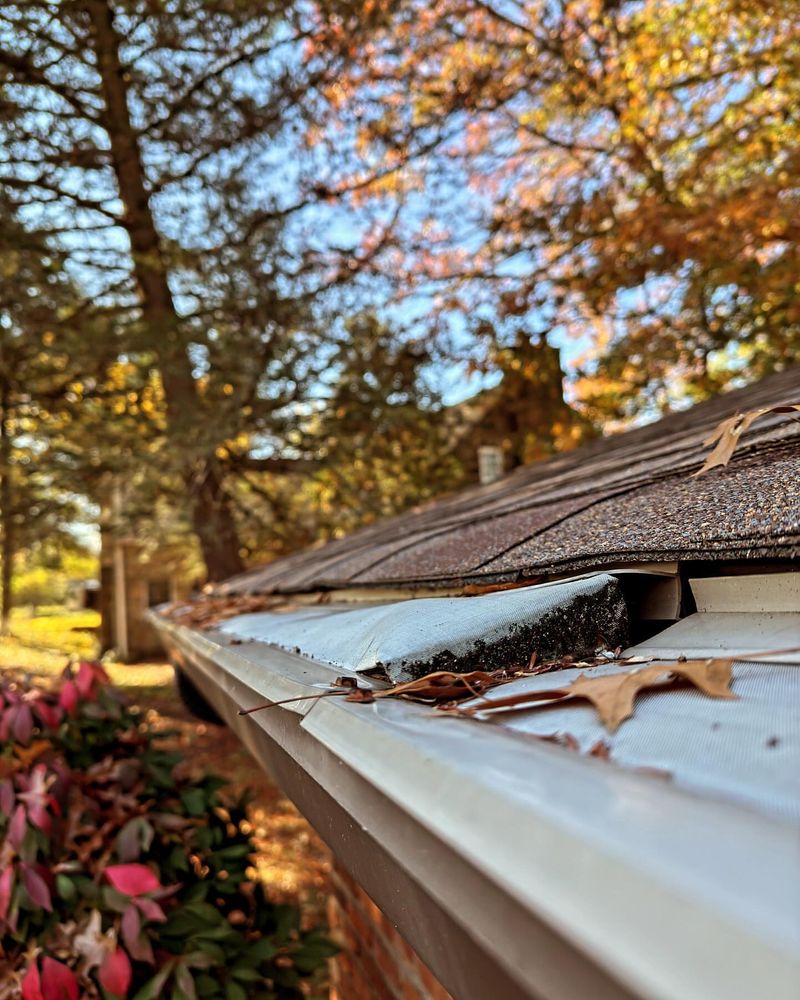When leaves from your neighbor’s tree start piling up in your yard, it can be a real headache. Florida’s windy seasons only make the mess worse—and the frustration grow.
Many homeowners wonder who’s responsible for the cleanup and whether the law offers any protection. It’s a common question, especially in tightly packed neighborhoods.
I’ve found that understanding Florida’s property laws can help you handle the situation calmly and legally. A little knowledge goes a long way in keeping the peace next door.
1. Florida Follows The Natural Growth Rule
Florida law recognizes something called the natural growth rule when it comes to trees and their effects on neighboring properties.
Basically, if leaves, acorns, or other natural debris fall from a tree growing on your neighbor’s property onto your yard, you’re generally responsible for cleaning them up yourself.
The law considers this part of living near nature and doesn’t hold your neighbor liable. Even if the tree is huge and drops tons of leaves every fall, Florida courts typically won’t force your neighbor to pay for cleanup or remove the tree just because of falling leaves.
2. You Can Trim Branches That Cross Your Property Line
Here’s some good news: Florida law allows you to trim branches that hang over your property line, as long as you don’t damage the tree’s health. This can significantly reduce the amount of leaves falling into your yard during different seasons.
However, you must be careful not to cut so much that you harm or kill the tree, or you could face legal consequences.
It’s smart to hire a professional arborist who understands proper trimming techniques and can ensure the tree stays healthy while solving your leaf problem.
3. Damage From Roots Or Branches Is Different
While you’re stuck cleaning up leaves, actual property damage is treated differently under Florida law. If your neighbor’s tree roots crack your driveway, damage your foundation, or if branches break your fence or roof, you may have legal options for compensation.
Florida courts recognize that physical damage goes beyond simple inconvenience. You’ll need to prove the damage was caused by the tree and document everything with photos and repair estimates.
Many homeowners successfully recover costs through insurance claims or small claims court when real damage occurs.
4. Communication Often Solves The Problem
Before getting lawyers involved, simply talking to your neighbor can work wonders. Most people don’t realize how much their tree affects your property and may be willing to help with trimming costs or even cleanup.
Approach the conversation friendly and non-accusatory. Explain the situation calmly and suggest working together on a solution that benefits both properties.
Sometimes neighbors will agree to split tree maintenance costs or hire a service to handle seasonal cleanup, creating a win-win situation that preserves your relationship.
5. Homeowners Associations May Have Additional Rules
If you live in a community with a homeowners association, additional rules might apply beyond state law. Many HOAs have specific regulations about tree maintenance, leaf cleanup, and property appearance that both you and your neighbor must follow.
Check your HOA documents carefully, as some associations require homeowners to maintain trees that affect neighboring properties.
Your HOA might even mediate disputes or enforce cleanup requirements. Contact your HOA board if you’re unsure about specific rules, as they can provide guidance and potentially intervene in persistent problems.
6. Nuisance Laws Have Limits In Florida
You might consider arguing that excessive leaves create a legal nuisance, but Florida courts set a high bar for this claim.
Simply having to rake leaves regularly, even in large amounts, typically doesn’t qualify as a nuisance under state law. Courts generally require proof of substantial interference with your property use or health hazards.
A few exceptions exist if leaves clog your gutters causing water damage or create fire hazards in certain situations. Consult a property attorney if you believe your situation rises to the level of legal nuisance.
7. Prevention Is Your Best Strategy
Since Florida law puts cleanup responsibility on you, focusing on prevention makes practical sense. Installing gutter guards prevents leaves from clogging your drainage system and causing expensive water damage to your home.
Consider planting shrubs or installing screens along your property line to catch leaves before they spread across your lawn.
Investing in a quality leaf blower or mulching mower can make cleanup faster and easier. Some homeowners even use fallen leaves as free mulch for gardens, turning an annoyance into a resource that benefits your landscape.

